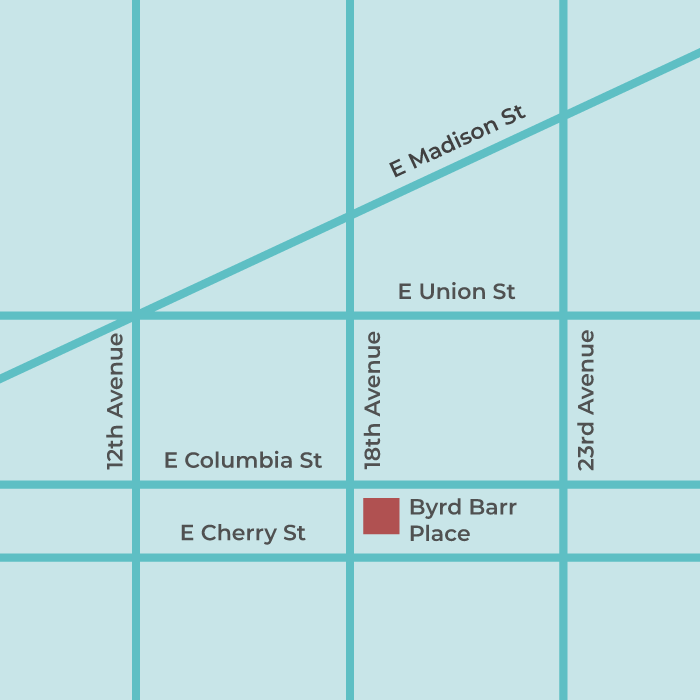Evelyn is one of those people who fall through the holes in America’s “safety net.” Working for many years in an accounting office, Evelyn was laid off in May 2013. Suddenly without a job, Evelyn struggled to find work in order to support herself and her ten year-old daughter, Angellynn. Unemployment pay helped her and Angellynn manage during the summer of 2013 as Evelyn applied for job after job, only to get turned down time after time. Without a degree in accounting, nobody wanted to hire her, so Evelyn decided she needed to return to school to get her degree.
Studying, still looking for work, and trying to scrape together enough to keep her and her daughter housed and fed, Evelyn’s utility bill came last on her long list of obligations. Because Evelyn had a moderately well-paying job before being laid off, on unemployment she and her daughter just barely don’t qualify for food stamps or housing subsidies. Evelyn is completely on her own, paying full-price for food, market-rate rent for the small house she leases in Southeast Seattle, clearly struggling to keep her head above water, but “making too much” to qualify for most assistance programs.
Eventually Seattle City Light came looking for their payment from Evelyn, less than a month after the United States Congress ended emergency unemployment benefits, and drastically reduced others for 1.3 million Americans. For Evelyn, the unemployment cut hit like “a kick in the butt,” but not a motivating one. This cut acted as another punishment for Evelyn, a single-mother trying to help herself and her daughter reach self-sufficiency. Facing an emergency shut-off notice from Seattle City Light, Evelyn found out that once again she “made too much” to qualify for assistance from Byrd Barr Place’s federal Low Income Home Energy Assistance Program, when anonymous donors from Byrd Barr Place’s Bridge the Gap Campaign stepped in. $500 from Bridge the Gap literally bridged the gap for Evelyn and Angellynn, for once closing the arbitrary chasm that exists between those who “qualify” for public benefits and those who don’t. For Evelyn, it was a moment of grace.
“I want to say thank you very much. I so appreciate it,” Evelyn said recently, when asked what she would like to say to the donors who made this possible. “I don’t know how we would have made it without you.”

